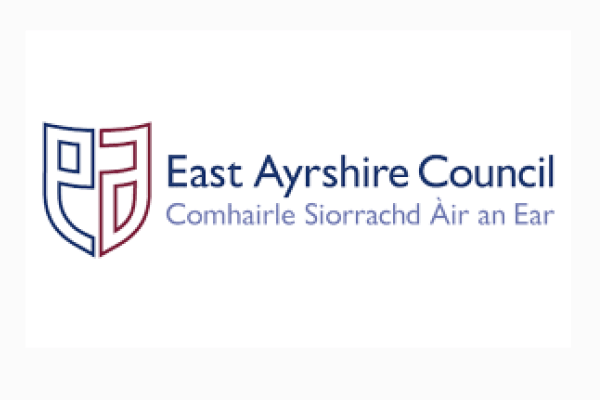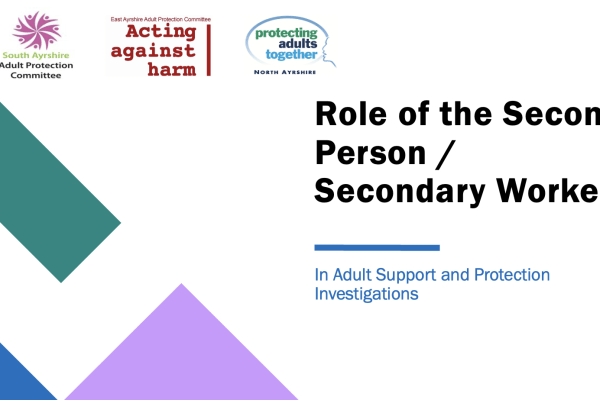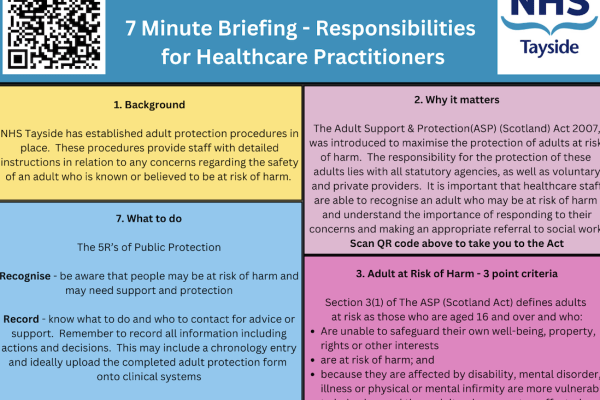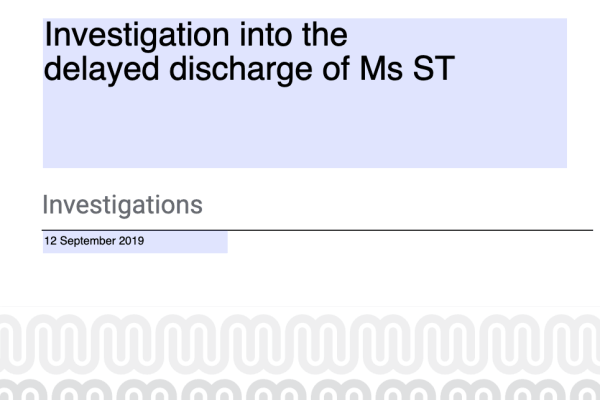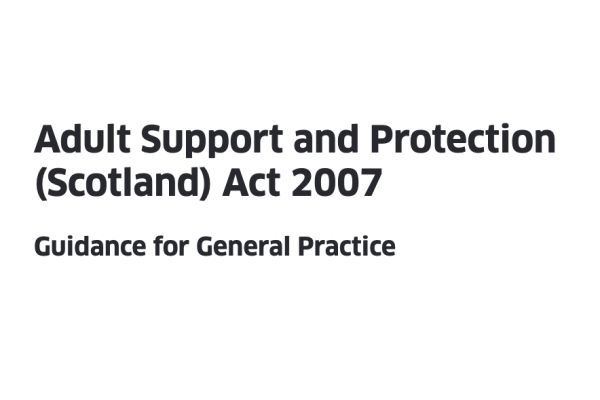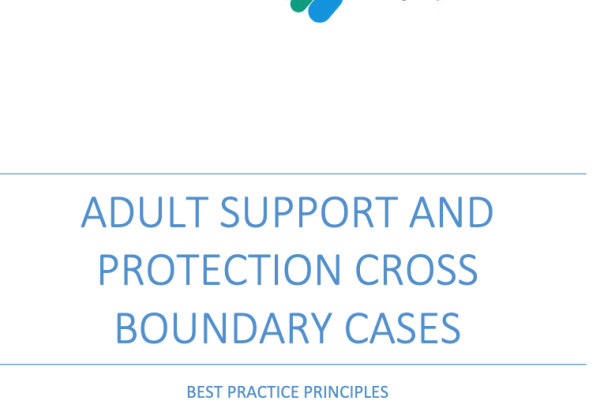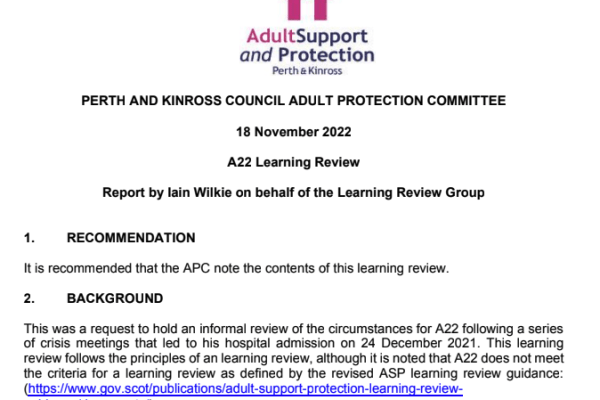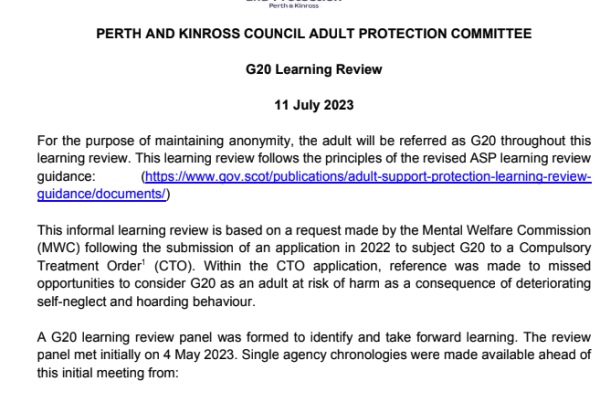Out of sight - is everything alright? Working to improve services' engagement with people at risk of harm (Webinar)
This webinar explores the challenges professionals face when individuals are "out of sight" - and what more we can do to ensure they are not out of mind, or at risk of harm.
Drawing on recent Adult Support and Protection (ASP) Learning Reviews, the webinar examines situations where services struggled to engage meaningfully with individuals at risk. Through expert insights and real-world case reflections, the webinar asks: are we truly listening, adapting, and responding in ways that meet people where they are?
Sessions in the webinar:
